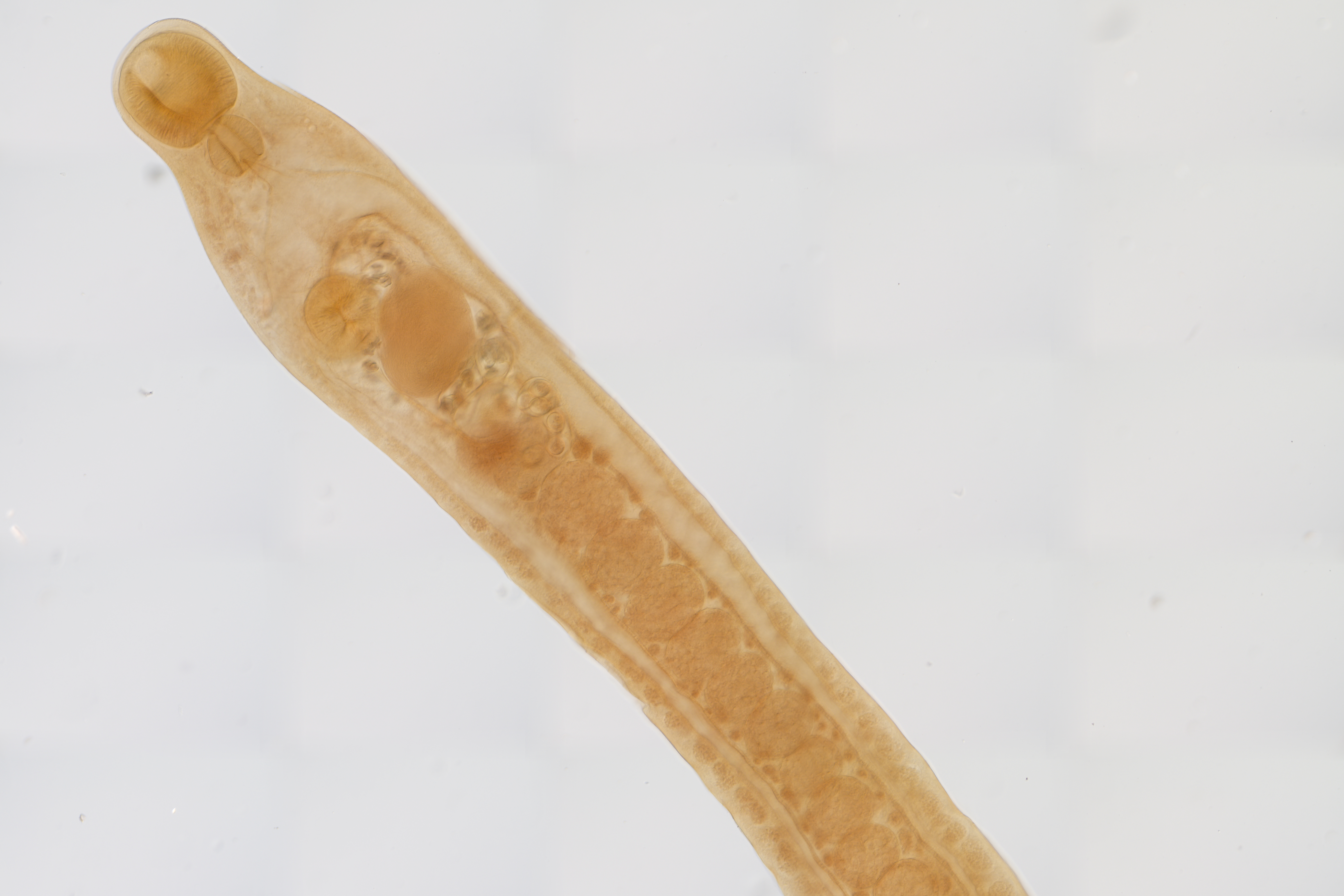Climate change could kill off parasites, destabilizing ecosystems
Mass parasite extinction could create more virulent disease or alter the food web

January 12, 2017
Photogenic animals, from polar bears to people, aren’t the only creatures under threat from global climate change. A new review led by UC Berkeley suggests the phenomenon threatens parasites with extinction, which could have big consequences for ecosystems.
The vast majority of research into parasites and environment change focuses on how hosts, particularly humans, will be harmed. Few studies have addressed how the loss of parasite biodiversity may affect other aspects of host health, ecosystem connectedness and health and biodiversity as a whole. Previous research suggests that parasites are up to 10 times more vulnerable to extinction than are their hosts.
In the new study, the researchers suggest that parasites are as prone to extinction due to climate change as any other taxonomic group. The study predicts that losing parasites could destabilize ecosystems in many ways, such as by increasing more virulent disease or by altering the food web or changing host physiology. The study found that parasites in hosts with variable internal temperatures, parasites of large-bodied hosts, host-specific parasites and parasites with complex life cycles will likely be the most vulnerable to extinction due to climate change.
“This is the first comprehensive review of how climate change may affect parasite biodiversity, from the point of view of parasite conservation,” said Carrie Cizauskas, who led the research as a postdoctoral affiliate in the lab of Wayne Getz, a professor of wildlife ecology in the Department of Environmental Science, Policy and Management. Colin Carlson, a graduate student in the same department, is co-lead author of the review.
The research was published today in the journal Royal Society Open Science.
Previous work from this group has called for further research into parasite vulnerability from parasites’ perspectives, rather than primarily focusing on hosts, and also outlined ways to potentially conserve parasites. In the new study, the authors outline actionable items for researching the vulnerability of parasites. A forthcoming review from Cizauskas and Carlson attempts to quantify these parasite extinction risks using existing data and modeling.
The team outlines a protocol for identifying vulnerable parasites by a set of key risk factors, including host specificity, parasite life cycle complexity and climatic tolerance. The next step involves identifying important unanswered questions in parasite ecology, such as how host phylogeny predicts parasite extinction, or whether parasite extinctions will be clustered in particular ecosystems. Finally, they suggest proposing how ecological disciplines may be used to identify gaps in parasite research data.
“Ultimately, our goal is for this review to act as a catalyst for further research efforts and discussions regarding the important and little-addressed topic of parasite vulnerability in the face of climate change,” Cizauskas said.
